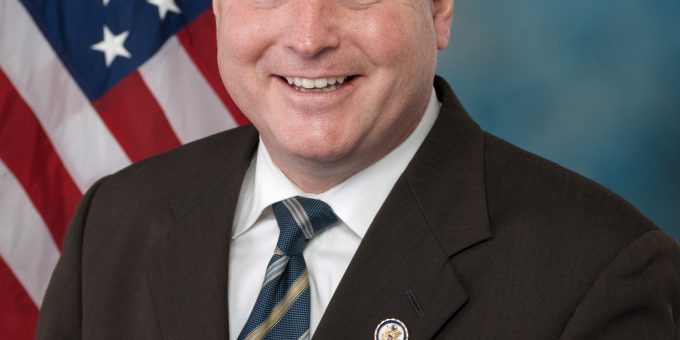
INDIANA – Attorney General Todd Rokita is taking action to protect states’ authority to prohibit sex-change procedures from being performed on minors — co-leading a 22-state brief to the U.S. Supreme Court aimed at thwarting the Biden-Harris administration’s efforts to override state laws.
“The Biden-Harris administration will stop at nothing to impose its radical transgender ideology on all Americans,” Attorney General Rokita said. “But Hoosiers elect state lawmakers to represent their values, and the Indiana General Assembly has passed a law forbidding medical practitioners from performing surgery or administering drugs to children under 18 to ‘transition’ them to live as members of the opposite sex.”
In the amicus brief, the attorneys general support the State of Tennessee’s authority to enforce a law that — similar to Indiana’s — prohibits medical interventions before age 18 intended to alter boys’ or girls’ physical appearances so that they resemble members of the opposite sex.
“The Constitution leaves to states the right to make decisions about how best to protect children from unproven and risky interventions,” Attorney General Rokita said. “Here in Indiana, we have laws rooted in common sense, compassion and science.”
That lack of authority did not prevent the federal government from supporting a lawsuit against Tennessee that erroneously claims the Tennessee law violates the Equal Protection Clause of the 14th Amendment.
“Nothing in passing the Fourteenth Amendment,” the amicus brief states,” remotely suggests that the Equal Protection Clause was meant to override the States’ traditional role in regulating medicine.”
Attorney General Rokita is joining the amicus brief, along with the attorneys general of Arkansas and Kentucky.
“In our federalist system,” the brief further observes, “the States get to decide within their borders what interventions are available for boys and girls suffering from gender dysphoria. Tennessee gets to decide that using puberty blockers and hormones . . . is not sufficiently safe or beneficial — that long-term it will do more harm than good. No equal-protection challenge can change that.”
The amicus brief led by Indiana, Kentucky, and Arkansas can be viewed here.






.png)











